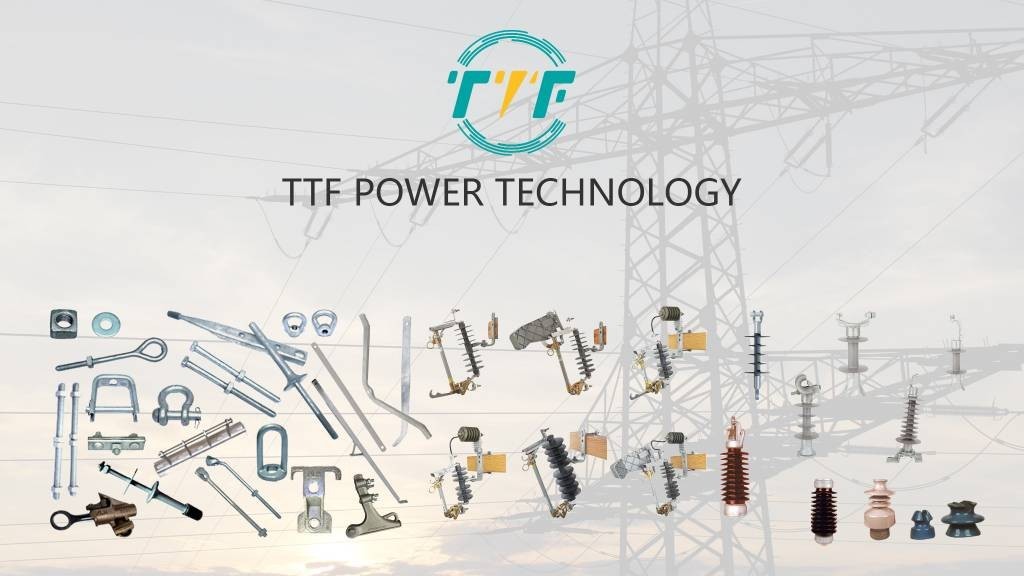
Zinc batteries are gaining momentum as renewable energy growth advances in South America. Zinc-based batteries are safe, cost-efficient, and have stability compared to lithium-ion batteries. Zinc batteries use abundant zinc metal, which makes them an economically viable option. They store excess power generated by sources like solar and wind and discharge during peak demand hours. This enhances grid stability and resilience, which allows renewables to power the grid. The International Zinc Association (IZA) recently launched the zinc battery initiative aimed at leveraging zinc’s wide availability to develop safer battery technologies. South America is expanding its production capacity and seeking sustainable storage alternatives. Zinc batteries align with the renewable energy growth plans, which promise a more sustainable future for the region. A high-quality insulator pin serves in the connection and integration of zinc batteries into renewable energy infrastructure.
An insulator pin plays a crucial role in electrical infrastructure, supporting the use of zinc batteries in energy storage systems. It supports the power lines that send electricity to and from battery energy storage systems. It also ensures the reliability and safety of power transmission. This is to contribute to the efficient integration of zinc batteries into the grid. The insulator pin also prevents electrical arcs and short circuits, which can damage equipment. This helps to maintain the integrity of the electrical infrastructure that supports zinc battery systems. Zinc batteries are still under development and are a promising alternative to lithium-ion batteries. This article looks at the advancements and benefits of zinc batteries for battery storage solutions in renewable energy. It also highlights the functions of an insulator pin in the connection to the battery storage systems.
The role of the insulator pin in zinc battery connection and integration
An insulator pin plays a vital role in ensuring the safe and efficient connection between individual battery cells. It helps in the integration into a larger storage system. The insulator pin protects against electrical hazards related to zinc’s high reactivity. Insulator pins ensure the reliable, safe, and scalable integration of zinc batteries into energy storage systems. The pins design and material ensure the systems operate efficiently and safely. The following are the functions of the insulator pin in zinc battery integration.

- Electrical insulation and safety – the main role of an insulator pin is to provide electrical isolation between conductive components. The zinc prevents short circuits by separating different conductive parts within the battery cell.
- Support and stability – insulator pins hold battery cells in place within modular racks. This provides mechanical support. They also reduce vibrations and wear from thermal expansion, which can affect performance and longevity.
- Reducing thermal losses and enhancing efficiency—the insulator pin manages heat within zinc battery systems by preventing unwanted energy transfer cells. The insulation helps maintain optimal operating temperatures, which enhance battery efficiency.
- Modular integration in BESS design – insulator pins ease the assembly of zinc battery modules by allowing safe, controlled connections. The battery systems have a modular design, which is beneficial for grid applications and large storage systems.
Benefits of using zinc batteries in battery energy storage systems in South America
Using zinc batteries offers advantages for battery energy storage systems in South America. Zinc batteries have an advantage over lithium-ion batteries due to their safety, environmental stability, and cost-effectiveness. Given the temperatures in South America, zinc batteries are resilient to the temperature changes. At TTF Power Systems, we are a one-stop-shop for utility pole hardware fittings, transmission line accessories and power line construction equipment. We provide our customers with the most extensive range of products in the industry, excellent value and knowledgeable service. The following are the benefits of using zinc batteries in battery energy storage systems in South America.

- Adaptability to harsh conditions – zinc batteries are strong and can operate across a wide temperature range. The adaptability is crucial for off-grid applications and in remote areas where temperature fluctuations can impact battery performance.
- Cost-effectiveness and resource availability – zinc is more abundant and cost-effective than lithium. Countries like Peru and Bolivia are rich in zinc resources, which makes zinc batteries an economically viable option.
- Environmental safety – zinc batteries are safer than lithium-ion batteries, which are prone to overheating and can be flammable. Zinc is a non-toxic and recyclable material, which reduces the risk of fire and environmental hazards.
- Support for renewable integration and grid stability – zinc batteries provide reliable, long-duration storage that supports renewable integration. They help stabilize the grid by storing excess energy from wind and solar and discharging it when generation drops.
